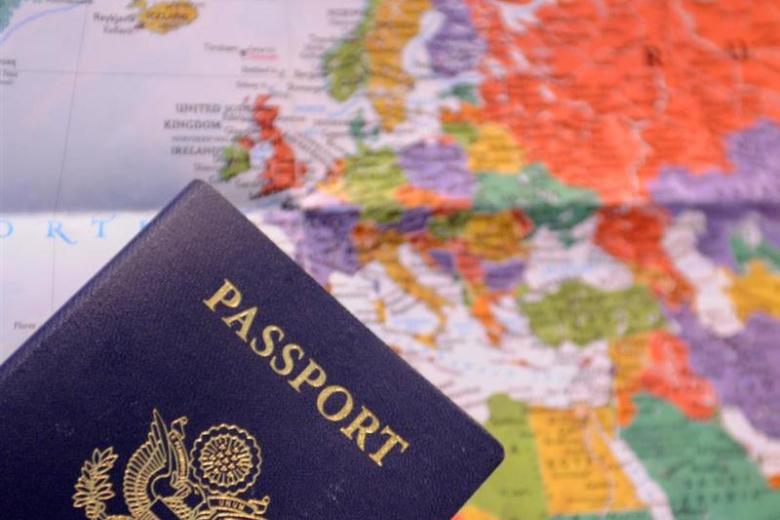Myth: Brussels imposes nothing but annoying measures
“The fact that there is a maximum number of hours in a week that you are allowed to work, that web shops are compelled to provide you with the option to return your purchase within seven days, that our tap water must meet certain requirements. This all sounds very Dutch, but it is in fact European legislation. This European ‘origin’ gets lost in news coverage.”
During the Brexit campaign, a popular and frequently repeated example of everything that was bad about the European Union, concerned the regulations concerning lawnmowers. The EU doesn’t allow them to be too noisy. Opponents shout that it is fussing on a postage stamp. As if member states cannot decide that for themselves. Could the EU not address real problems instead? But this kind of measure ensures that the EU continues to function properly, says Alexander Hoogenboom, law researcher and scientific coordinator at the Institute for Transnational and Euregional cross-border cooperation and Mobility (ITEM). “The Germans had introduced the decibel regulation in their own country. It turned out that especially foreign lawnmowers did not meet the standards and were therefore no longer allowed to be sold there. In doing so, Germany protected its own market and kept imports at bay. To promote the free market, the EU introduced the measure in the whole of Europe. This type of regulation exists in all large economies. But because the EU often has to go through an extensive legislation process first, it is much more visible.”
Another example is the rates for roaming abroad. These have been abolished since mid-June, and everybody now pays the same across the EU as they do in their home country. At long last, grumble anti-EU citizens. Could that not have been passed through that cumbersomely slow organisation years ago? “The European Commission (the EU's civil service) had been working on this since 2007. The EU Parliament had already voted in favour a long time before. It was the member states – represented in the Council of Ministers of the European Union – who were obstructive. That is why it took so long.” Then why is this not made clear in the news? “National politicians have a much better network in their own country than the EU. They can more easily call someone from the media to present their story. The EU has always been very diplomatic in its actions. They need the member states for further decisions, so they will not easily criticise a country.”
Some politicians use this to their advantage. “It sometimes happens that someone cannot get a majority for a measure in their own parliament. They then try to make it European policy. If they succeed, they can say back home: ‘Well, it is Europe laying down the law’.” They also use that sentence when they know that new legislation will not go down well. “Then they complain at home, while those very member states voted in favour in the Council. The United Kingdom was very good at that before the Brexit. When really very few decisions are taken in which the member states don't have a major finger in the pie.”
Another thing that doesn't do the EU's image any good, is that countries present popular Brussels legislation as their own idea. “The fact that there is a maximum number of hours in a week that you are allowed to work, that web shops are compelled to provide you with the option to return your purchase within seven days, that our tap water must meet certain requirements. This all sounds very Dutch, but it is in fact European legislation. This European ‘origin’ gets lost in news coverage.”
This blog is a repost and part of Mythbusters, a series published by The Observant in which academics shoot down popular myths on complex topics. Written by Cleo Freriks. Myth buster: Alexander Hoogenboom, law researcher and scientific coordinator at the Institute for Transnational and Euregional cross-border cooperation and Mobility (ITEM).
-
The Benefits of the Internationalisation of Higher Education
The internationalisation of higher education (IoHE) relates to sensitive topics of public concern. Considering the ongoing debate in the Netherlands regarding the challenges related to the internationalisation of higher education, it is time to take a step back and remember the many benefits as...

-
Crossing borders in search of education? Not for schoolchildren! (part 2)
Can Member States prohibit pupils from attending education abroad, simply on the belief that it might hamper the integration of the children into society? But what of possible justification grounds?

-
Crossing borders in search of education? Not for schoolchildren! (part 1)
Can Member States of the EU prohibit pupils from attending education abroad, simply on the belief that it might hamper the integration of these children into society? If this sounds extreme, read on.
